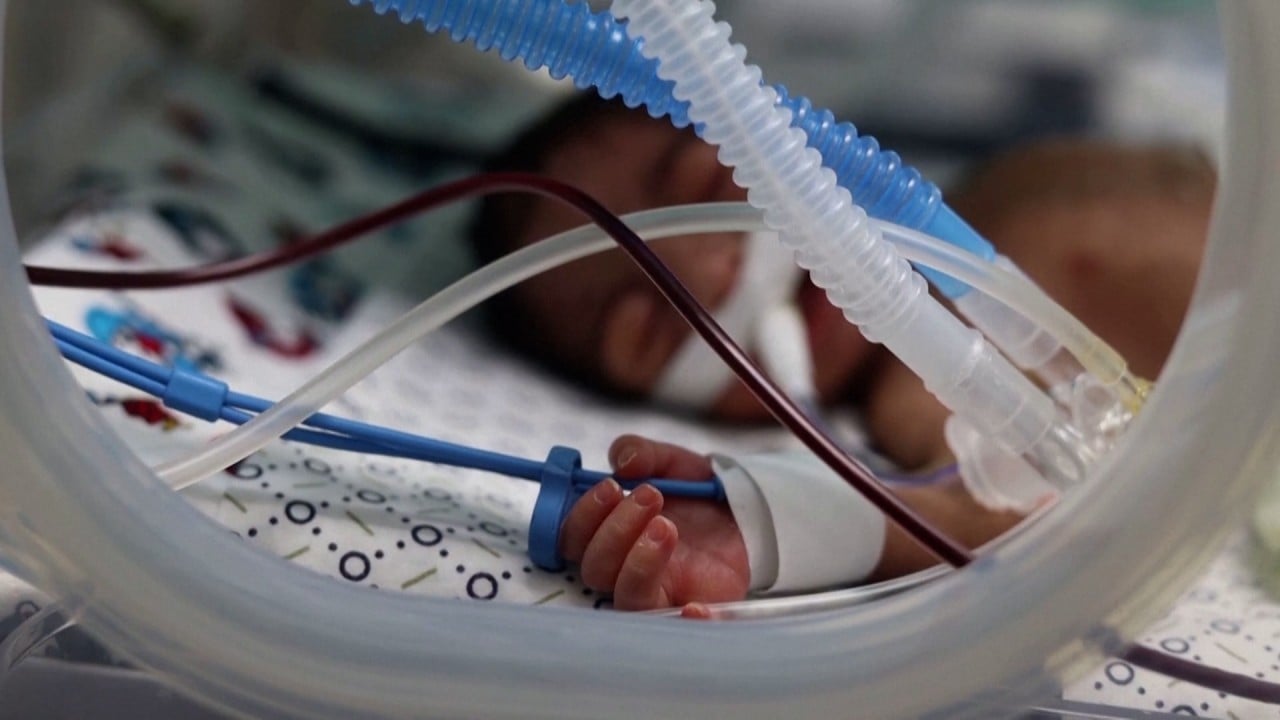Month of Israel-Gaza war changed everything as ‘Gaza has become a graveyard for thousands of innocent people’: Al Quds
The health ministry in Hamas-run Gaza says nearly 9,500 have been killed, two-thirds of them women and children, and mostly civilians.
Al Quds, the most widely read Palestinian daily, said “Gaza has become a graveyard for thousands of innocent people”.
“It feels like we have to pinch ourselves to make sure that this is truly the new reality,” the left-wing Israeli daily Haaretz wrote this week.
“The change wrought by the war is total: in losses of life and in damage, in anxieties, in the country’s agenda and in the total upending of old political conventions from every possible aspect.”
US military advisers are in Israel and two American carrier groups have been deployed to the eastern Mediterranean.
Breaking a month of silence on Friday, Hezbollah chief Hassan Nasrallah said “all options” were open for an escalation of the conflict on the Lebanese frontier with Israel, while at the same time blaming the United States for the war.
Hamas claims more than 30 killed in ‘direct’ Israel attack on Gaza refugee camp
Hamas claims more than 30 killed in ‘direct’ Israel attack on Gaza refugee camp
However, Avi Melamed, an Israeli specialist on Middle East relations warned: “Hezbollah could set fire to the region.”
“They have a military capacity 10 times superior to the Hamas cell,” he said. “It could inflict grave damage on the state of Israel.”
Israel was once lauded for its military and intelligence prowess, but that reputation was drastically harmed by the October 7 attacks.
“I don’t sleep,” said Sarit Zehavi, a mother of three and a reserve lieutenant-colonel who fears Hezbollah will copy Hamas and infiltrate in the north to “kill, massacre”.
For Gaza resident Omar Ashur, who was eight years old in 1948 when the state of Israel was created, “what’s going on is dangerous”.
Hamas spokesman Abu Obeida has vowed that “Gaza will be a cemetery and quagmire for the enemy”.
According to Claude Klein, former dean at the law faculty of the Hebrew University in Jerusalem, “the possibility of a peaceful settlement is very remote. I don’t see anything positive on the horizon.
“What happened on October 7 strengthened those in Israel who say there are no interlocutors for peace.”
For former Palestinian minister Ghassan Khatib, who teaches at Bir Zeit University in the West Bank, “radicalisation has reinforced each side of the conflict and has led to a deep disbelief in a peaceful solution”.






